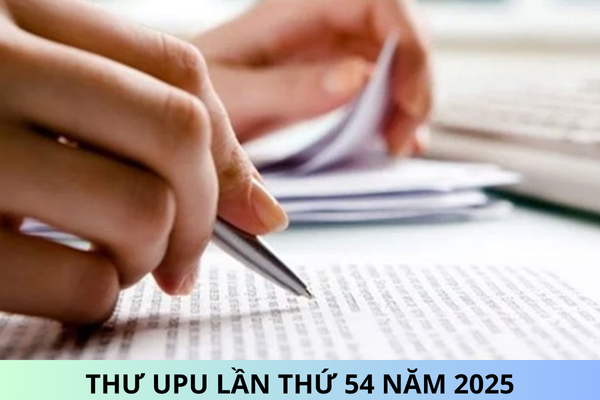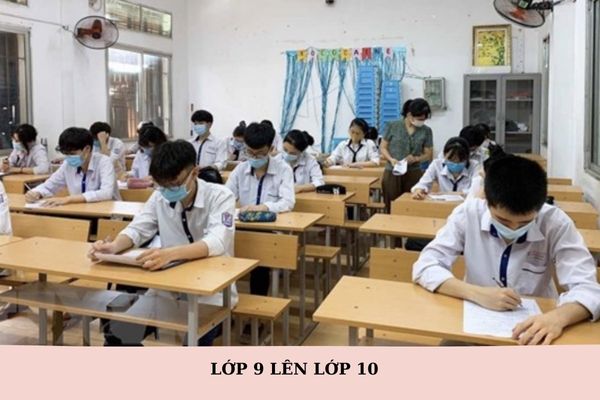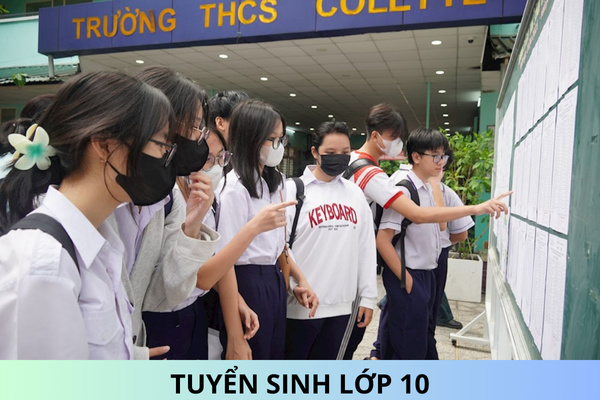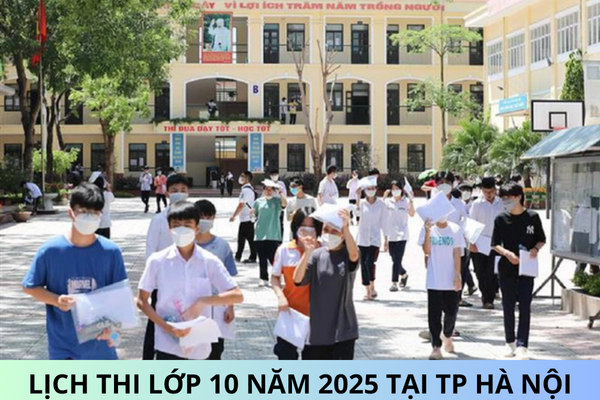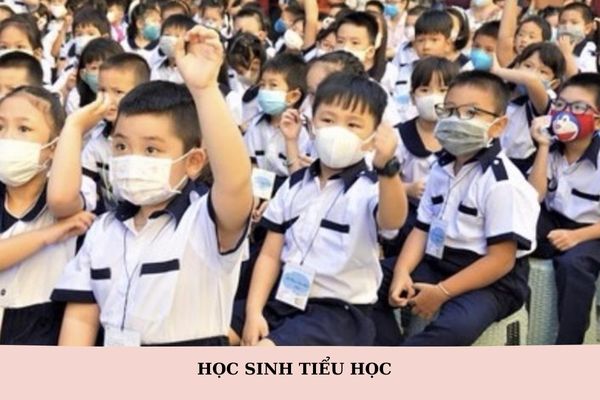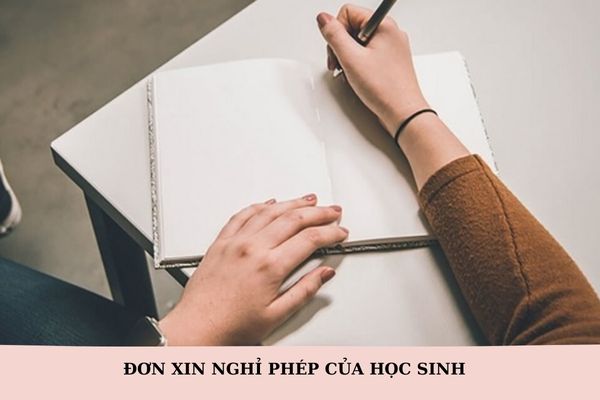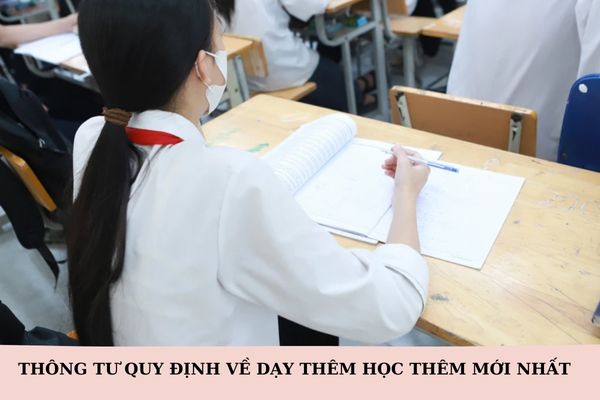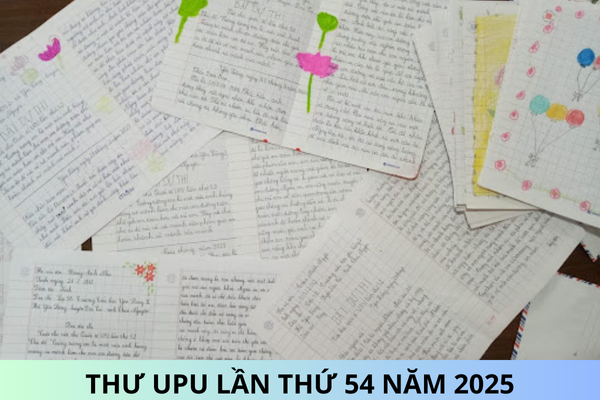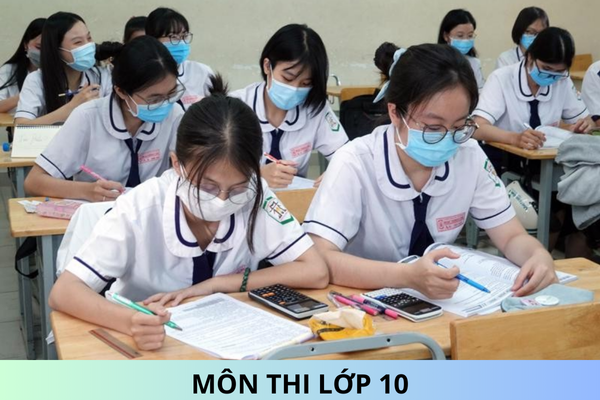When entering a reformatory, can students call their relatives in Vietnam?
When entering a reformatory, can students call their relatives in Vietnam? Can students in reformatories receive money sent by relatives in Vietnam?
Hello, because my child was impulsive, he was sent to a reform school for re-education. I wonder if he will be allowed to call his family when he gets there? Please answer.
When entering a reformatory, can students call their relatives in Vietnam?
Pursuant to Clause 2, Article 24 of Decree 140/2021/ND-CP regulating communication regime of students in reform schools as follows:
2. Communication mode
a) Students can send and receive letters; Mail is censored before being received or sent; Students are not allowed to send or receive letters if the content is inappropriate, not in accordance with good customs and traditions, and is not educational in nature;
b) Students are allowed to contact their relatives by phone, twice a month, for no more than 5 minutes each time. In case a student needs to discuss with relatives to resolve issues related to the student's legitimate rights and interests or for educational purposes, the principal of the reformatory may increase the number of contacts and time with relatives. Before contacting relatives, students must register according to the regulations of the reformatory; In case the correctional officer discovers that the communication content is not consistent with the registered content, the communication will be terminated;
c) Students who violate reformatory school regulations are being educated in private rooms or students are in the process of investigation, prosecution, trial or are involved in other criminal cases being considered and handled. Do not contact relatives by phone.
Thus, when entering a reformatory, students are allowed to contact their relatives by phone, twice a month, for no more than 5 minutes each time. In addition, the number of times and contacts with relatives can be increased depending on the prescribed circumstances in Vietnam. In case a student violates the rules and is being educated in a private room or is in the process of investigation, prosecution, trial or is involved in another criminal case being considered and handled, he/she will not be contacted with relatives.

When entering a reformatory, can students call their relatives in Vietnam? (Image from the Internet)
Can students in reformatories receive money sent by relatives in Vietnam?
According to Clause 3, Article 24 of Decree 140/2021/ND-CP, there are provisions as follows:
3. Mode of receiving money and gifts
a) Students receive cash (Vietnam Dong) sent by relatives who come to visit, then the officer in charge of organizing the visit receives it and transfers it to the Student Record Book; For money sent by post, the principal of the reformatory is responsible for sending staff to the post office to receive the money and carry out deposit procedures according to regulations, record it in a monitoring and management book, and notify students of receive money.
The students' deposit money is used to buy food, groceries, goods and other essential items at the reformatory school canteen; payment for mail and telephone communications; Send it back to your relatives or receive it back (if any) after completing the decision;
b) Students are entitled to receive gifts when visiting relatives according to the provisions of law. For gifts that are fresh goods or processed foods that do not ensure food hygiene and safety, ask relatives to take them back; Each month, students are allowed to receive mail and parcels twice by mail, each time not exceeding 7 kg, if sent once, not more than 14 kg; In case mail or parcels do not ensure food hygiene and safety, a record of destruction must be made with the student's witness, signature or fingerprint for confirmation;
c) Students are allowed to receive medicines, supplements, and functional foods when visiting relatives. Medicines and functional foods must have labels, content, uses, place of manufacture, and validity period. use. The reformatory arranges separate cabinets for storage, and medical staff are responsible for managing medicine cabinets, checking and guiding students to use them when needed. When students are sick or in pain and need to use medicine, medical staff will base on the disease and treatment regimen to provide medicine and instruct students to use it, clearly recording in the medical record: "Medicine sent by relatives" or recorded in the Monitoring Book, students receiving and using medication must sign or fingerprint the medical record or Monitoring Book. Expired medicines, supplements, and functional foods must be recorded in a destruction record with the student's witness, signature, or fingerprint.
When the student has complied with the decision or is transferred to another place, the medical staff must check, compare, and return the unused medicine and functional foods to the student or hand over the medicine along with the student's health records.
According to this Article, students in reform schools receive cash (Vietnamese Dong) sent by their relatives. This amount can only be used in the cases specified above.
Best regards!
